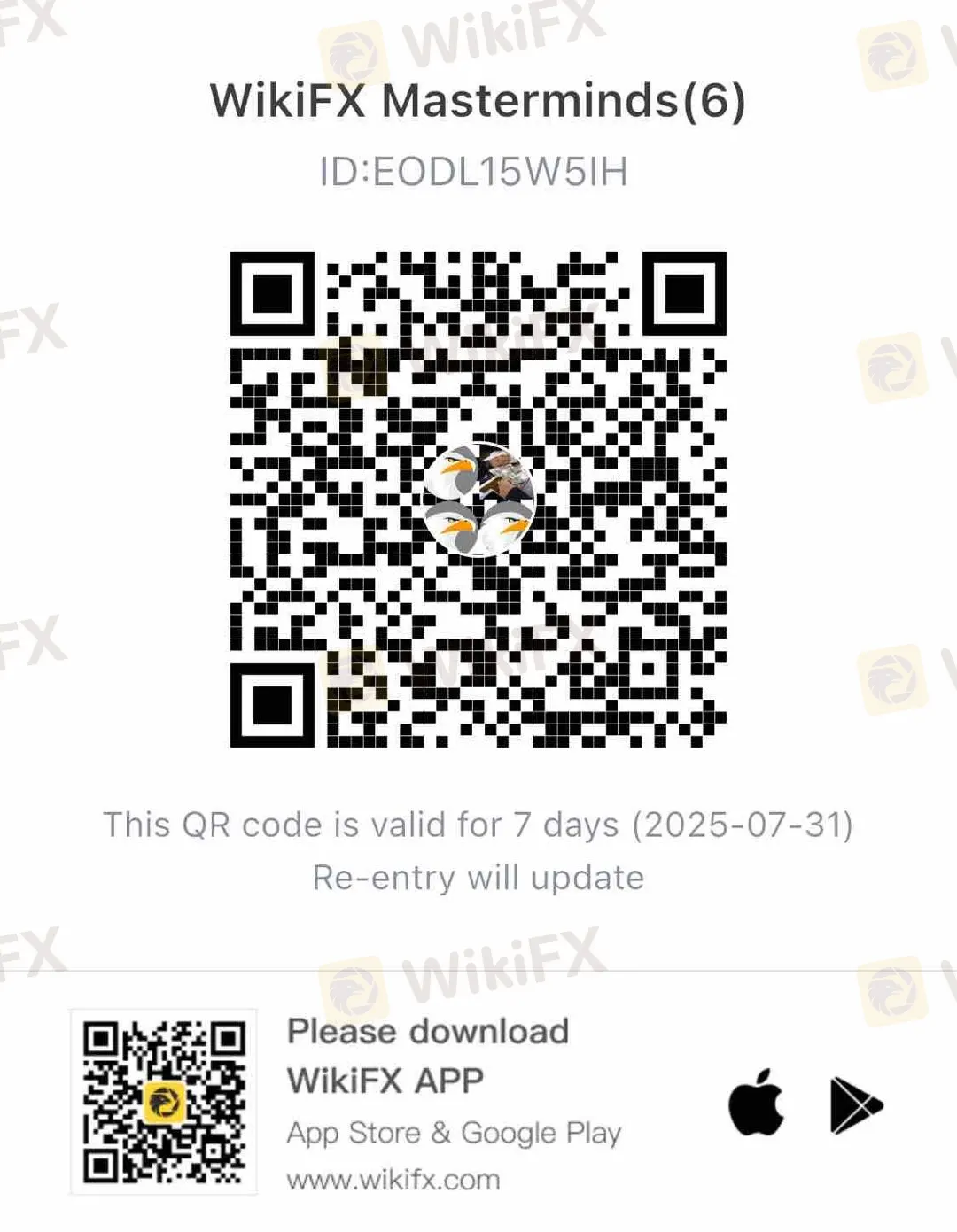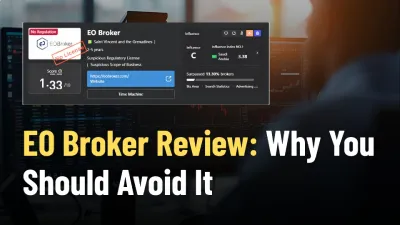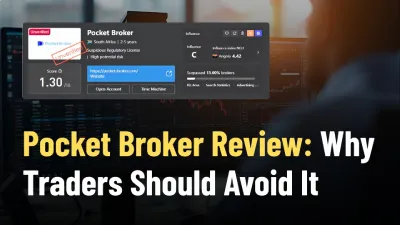Abstract:A Trading Journal is more than a basic record of trades. It’s a learning and improvement tool. Beginners often jot down only price and time. Experienced traders add deeper insight that helps them get better over time. Here's what they track:
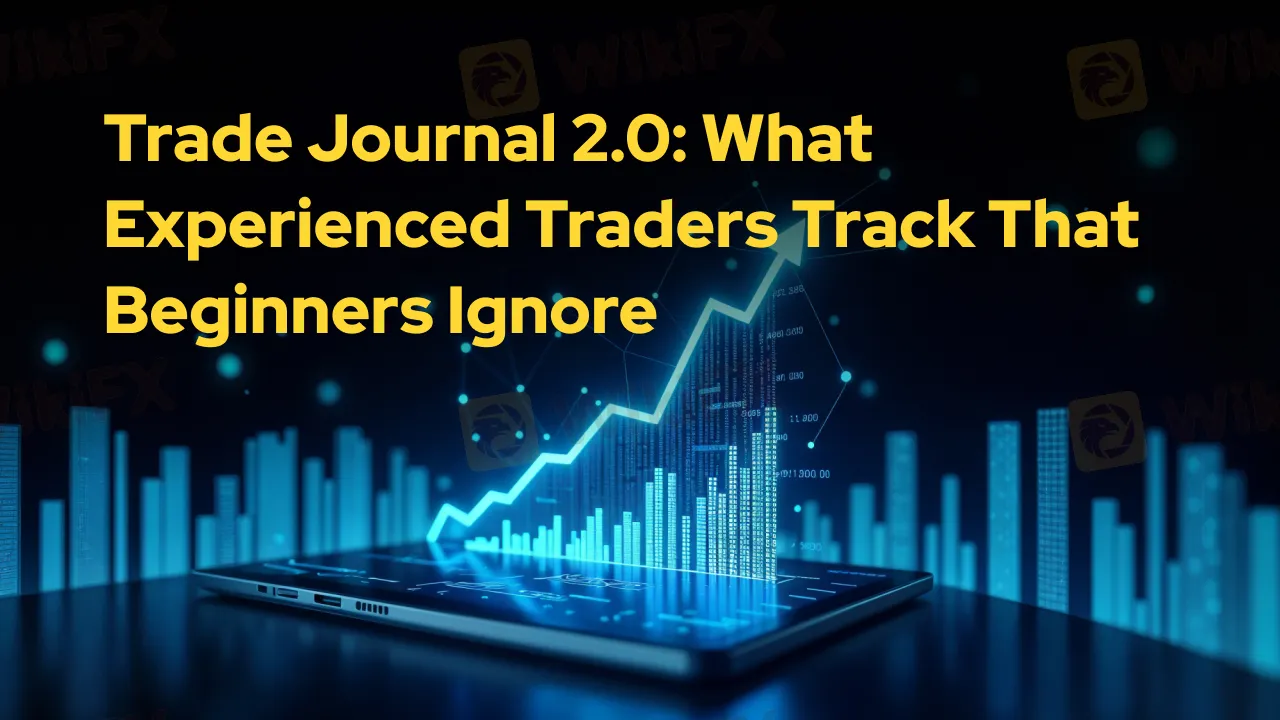
A Trading Journal is more than a basic record of trades. Its a learning and improvement tool. Beginners often jot down only price and time. Experienced traders add deeper insight that helps them get better over time. Here's what they track:
1. Emotional Notes: Before, During & After- They track how they felt happy, scared, excited, or anxious at each stage of the trade. This helps spot emotional mistakes and avoid repeating them.
2. Trade Rating- After each trade, pros rate themselves: Was entry timely? Did they follow size and risk? Did they stick to their strategy? Simple grades (A, B, C) help remember what worked.
3. Key Performance Numbers- They don't just track profit or loss but they also log:
• Win rate
• Risk/reward ratio
• Return on capital
• Max loss in account (drawdown)
This lets them see if their strategy really works over time.
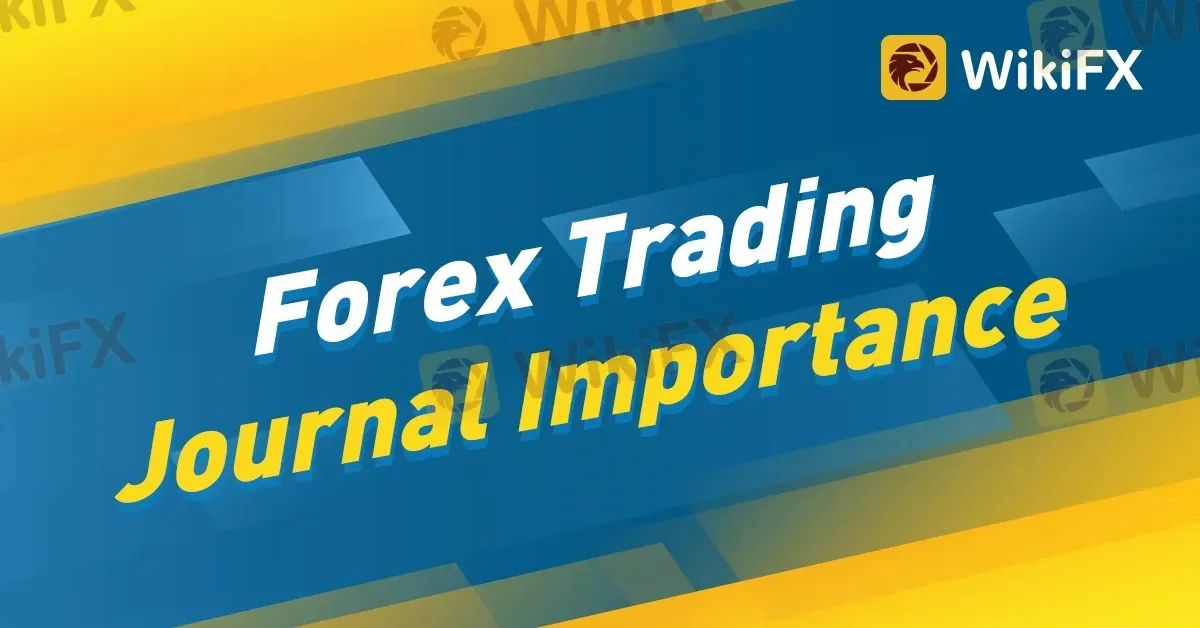
4. Market Tools & Setup Notes- They record extra details like:
• Market trend (up, down, flat)
• Time of day (morning, midday)
• Volatility or news events
• Chart tools used (support, moving averages)
Charts or screenshots show what was happening when they entered or exited.
5. Regular Reviews & Goal Setting- Experienced traders set aside time in their week or month to review past trades, spot mistakes, and set goals—like improving exit timing or keeping position sizes consistent.
Conclusion
A basic journal lists trades. Trade Journal 2.0 goes deeper- capturing thoughts, feelings, setups, and numbers so you learn, adapt, and grow. Over time, this disciplined approach builds real trading skills.
Join WikiFX Community
Investment scams have become a reality in the Forex market. While trading forex, you can avoid these scams by staying informed and alert. Therefore, be attentive and stay updated with fraud alerts. With WikiFX, you can get all the information you need about the Forex market, fraud alerts, and the latest news related to Forex trading — all in one place. Join the WikiFX Community by scanning the QR Code at the bottom.
Steps to Join
1. Scan the QR code below
2. Download the WikiFX Pro app
3. After installing, tap the Scan icon at the top right corner
4. Scan the code again to complete the process
5. You have joined!
